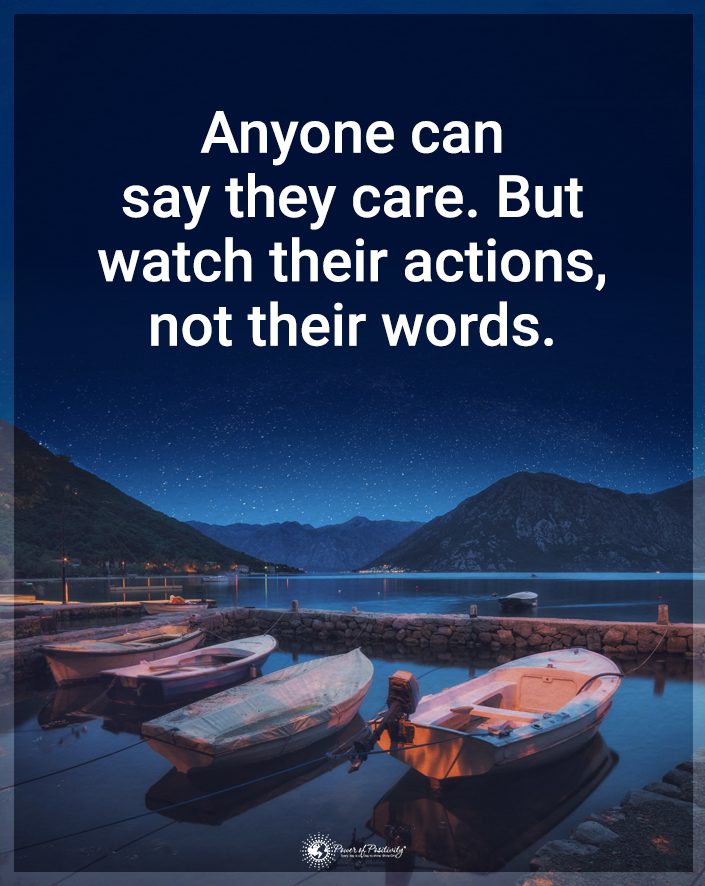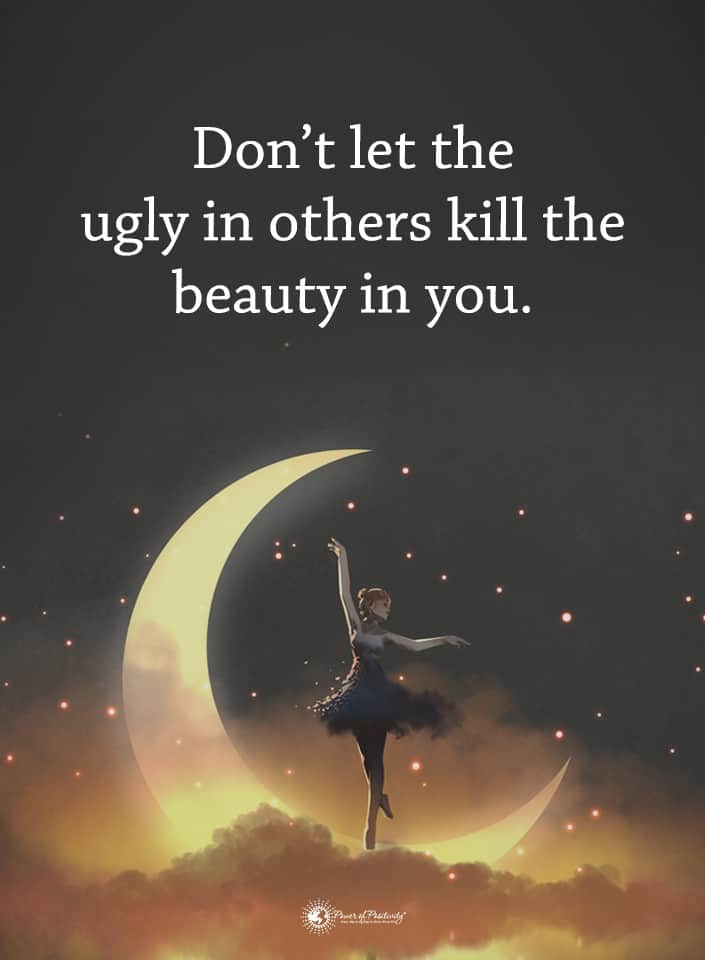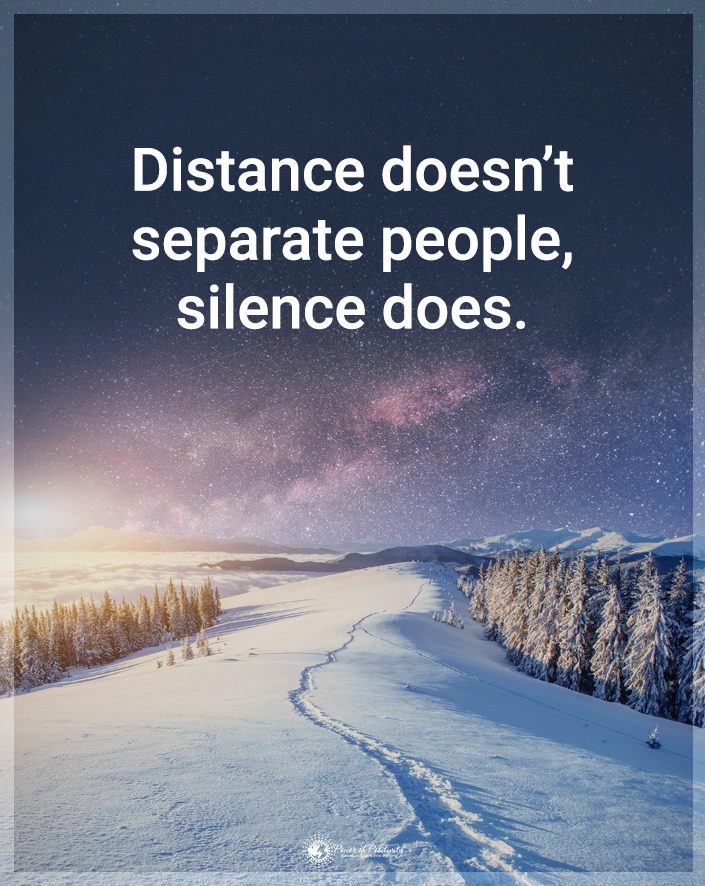Here are the toxic people everyone should know.
Understanding and recognizing the patterns that govern our relationships is essential for our happiness. A significant part of this understanding involves identifying toxic partners in relationships. Why is this important? Identifying these patterns is a good first step toward maintaining the healthy boundaries crucial for our emotional well-being.
When we talk about toxic relationships, it’s not just about the overtly negative interactions; sometimes, it’s the subtle, gradually escalating behaviors that can be the most damaging. You can make informed decisions about your relationships by becoming aware of these patterns. Thus, you can ensure they contribute positively to your life rather than detract from it.
What Are the Toxic Partners to Know About?

1 – The Controller
Have you ever felt like someone was trying to pilot every aspect of your life? That’s the hallmark of a Controller in a relationship. These toxic partners are often caring and protective at first. However, their need to manage everything from how you dress to who you spend time with can quickly become suffocating. They may justify their behavior for their good, but it’s about their need for control.
This kind of control often spirals into emotional manipulation. If you’ve ever heard phrases like “If you really loved me, you wouldn’t do this,” you’ve encountered this manipulation first-hand. It’s a tactic designed to play on your emotions, often making you feel guilty for asserting your independence. The impact on self-esteem here is significant – you may start to doubt your own decisions and feel reliant on your partner for validation and direction. It’s a precarious place for your self-esteem to be and can take a toll on your mental health.
2 – The Gaslighter
Now, let’s talk about a term you might have heard in popular culture—gaslighting. This term originates from a 1938 play (and later a film) titled “Gas Light,” in which a husband tricks his wife into believing she’s losing her sanity. In relationships, a Gaslighter operates similarly. They twist facts, deny things they’ve said or done, and shift blame to make you question your reality and judgment.
The psychological impact of gaslighting is profound. It causes a significant erosion of self-confidence and self-doubt. You may constantly question your memory or perception of events, which can be incredibly disorienting and unsettling. This erosion of confidence doesn’t just stay contained in your relationship; it can seep into other areas of your life, affecting your work, friendships, and relationships with yourself. Recognizing gaslighting is crucial because it’s a subtle yet deeply harmful form of emotional abuse.
3 – The Narcissist
When we think of narcissism in relationships, it often conjures images of someone who is excessively vain or self-absorbed. However, in the context of a relationship, narcissism goes deeper than mere vanity. A narcissistic partner has an inflated sense of their importance. They also have an excessive need for attention and admiration and a lack of empathy for others. Their world revolves around their needs, their desires, their goals.
These toxic partners make you feel like you’re more of an accessory than a partner. Their lack of empathy means their needs and feelings are often overlooked or ignored. Discussions might always swing back to them, and your achievements might be downplayed or hijacked by their own. It’s not just about self-absorption; the persistent disregard for your feelings erodes the mutual respect and understanding vital in any healthy relationship.
4 – The Jealous Type
Jealousy can be a natural part of a relationship. However, when jealousy grows excessive, it can be a symptom of deep-seated insecurity. An excessively jealous partner doesn’t just feel threatened by potential romantic rivals; often, they perceive almost everyone in your life as a potential threat to the relationship. This jealousy goes beyond concern or care; it’s about possession and control.
Excessive jealousy can lead to behaviors like constant checking, demanding access to your devices, or even asking you to cut ties with friends and family. This controlling behavior can lead to isolation, cutting you off your support network. The constant suspicion and accusations can also be mentally and emotionally draining, making it challenging to maintain a sense of individuality and independence in the relationship.
5 – The Victim
Another toxic archetype in relationships is the perpetual Victim. This partner consistently sees themselves as the aggrieved party, no matter the circumstances. They shirk responsibility, making every situation an opportunity to play the Victim. This behavior often stems from a desire to manipulate and control the dynamics of the relationship.
Living with these toxic partners can be exhausting. You might constantly try to appease them or make up for perceived slights you didn’t intend or even understand. This pattern can lead to an unbalanced relationship where one partner’s needs and feelings are always prioritized over the other’s. The manipulative aspect of this behavior lies in how it forces you always to be the caretaker and the apologist, constantly walking on eggshells to avoid the next round of victim-playing.

6 – The Passive-Aggressor
Passive-aggressive behavior in a relationship is like a quiet storm – it’s not always loud or direct, but its effects are deeply felt. This behavior is a form of indirect aggression, where negative feelings are expressed not through open hostility but through subtle, indirect actions. Think of it as expressing anger without seeming angry. Examples include sarcastic remarks, silent treatment, backhanded compliments, or deliberate procrastination on tasks important to the partner.
This type of behavior is especially damaging to communication within a relationship. It creates a confusing landscape where the issue is never directly addressed, leaving the other partner unsure of the root problem. The indirect nature of this anger expression can lead to unresolved conflicts and a buildup of resentment. Clear and direct communication is key for a relationship to thrive, and passive-aggressive behaviors disrupt this vital component.
7 – The Critic
Now, let’s talk about the Critic. In a relationship, constructive criticism can be healthy. But these toxic partners cross into constant negativity or fault-finding. A partner who perpetually criticizes can deeply affect your self-worth and confidence. This relentless criticism can make you feel inadequate and unworthy, whether it’s about your appearance, career choices, or interests.
The impact of constant criticism in a relationship cannot be overstated. It erodes the foundation of mutual respect and support relationships need to flourish. In contrast, a healthy relationship means support, encouragement, and constructive communication. It’s about lifting each other, not tearing each other down. Remember, everyone deserves a partner who is their cheerleader, not a critic.
8 – The Emotional Withholder
Emotional withholding is a particularly insidious form of manipulation in a relationship. Here, affection, kindness, and support are used as tools for control. An emotional withholder might withdraw affection as punishment or exert control, leaving their partner feeling unloved or unworthy. It means saying, “You will only receive love when you do what I want.”
The impact of this behavior on one’s emotional well-being is profound. It creates an unstable emotional environment where love and acceptance feel conditional. This can lead to insecurity and a belief that one must earn one’s partner’s affection rather than receiving it unconditionally as part of a loving, supportive relationship. It’s important to recognize that everyone deserves a relationship where love and affection are given freely and consistently, not doled out as a reward or withheld as punishment.
9 – The Unfaithful Partner
Chronic infidelity in a relationship goes beyond a singular lapse in judgment; it’s a repeated breach of trust and can be devastating to the partner on the receiving end. Infidelity often has roots in deeper issues within the individual or the relationship – it could stem from a desire for validation, feelings of inadequacy, or unresolved personal problems. Whatever the cause, the impact is significant. It erodes the foundational elements of trust and respect, which are critical in any relationship.
Trust is not just about faithfulness; it’s about believing that your partner will respect you, your feelings, and your commitment to each other. Repeated infidelity shatters this trust, often leaving deep emotional scars. In a healthy relationship, both partners should feel secure and respected, knowing their bond is valued and protected.
10 – The Volatile Partner
Extreme, often unpredictable mood swings characterize a Volatile Partner. This volatility can create a relationship environment that is tense, uncertain, and fundamentally unstable. Everything might seem fine one moment, and you could be amid an intense argument or emotional outburst the next. This unpredictability can be stressful and emotionally draining, as you’re constantly on edge, never quite knowing what to expect.
Stability and predictability are more than just comfort; they’re essential for a healthy relationship. They create a safe space where both people can grow, communicate openly, and feel secure. Dealing with a volatile partner often means navigating an emotional minefield where the rules and conditions seem to change without warning. Recognizing this pattern is important for your emotional well-being and understanding your relationship’s dynamics.
Final Thoughts on Knowing the Types of Toxic Partners So You Can Avoid Them
Recognizing toxic relationship patterns isn’t just about pointing fingers or assigning blame. It’s about understanding the dynamics that affect our emotional well-being and learning to identify behaviors detrimental to our happiness and mental health. Whether it’s a controlling partner, a critic, or someone who is emotionally volatile, understanding these patterns is the first step towards empowering yourself to make informed decisions about your relationships.
If you find yourself in a relationship with one of these toxic partners, remember that seeking support, whether from friends, family, or professionals, is a sign of strength, not weakness. It’s also crucial to prioritize your emotional and mental well-being. Every individual deserves a relationship that brings out their best, a partnership characterized by mutual respect, support, and unconditional love.
Recognizing these patterns is your first step towards healthier, more fulfilling relationships. Remember, you deserve a partnership that uplifts, supports, and cherishes you.



















